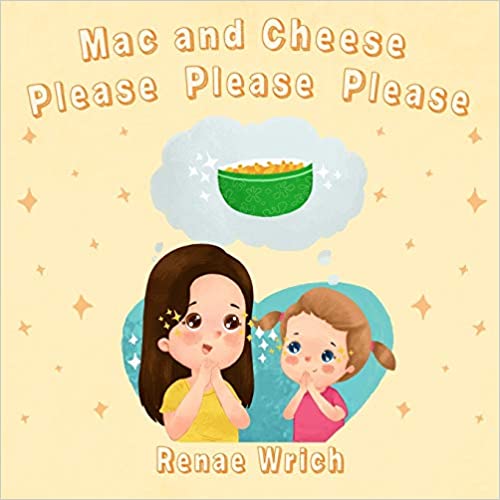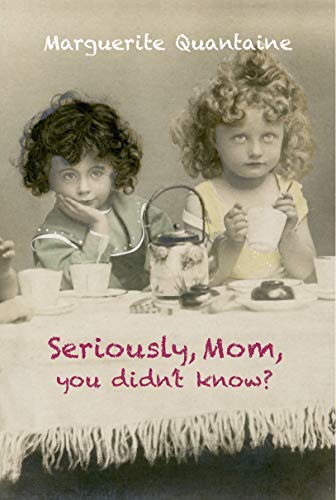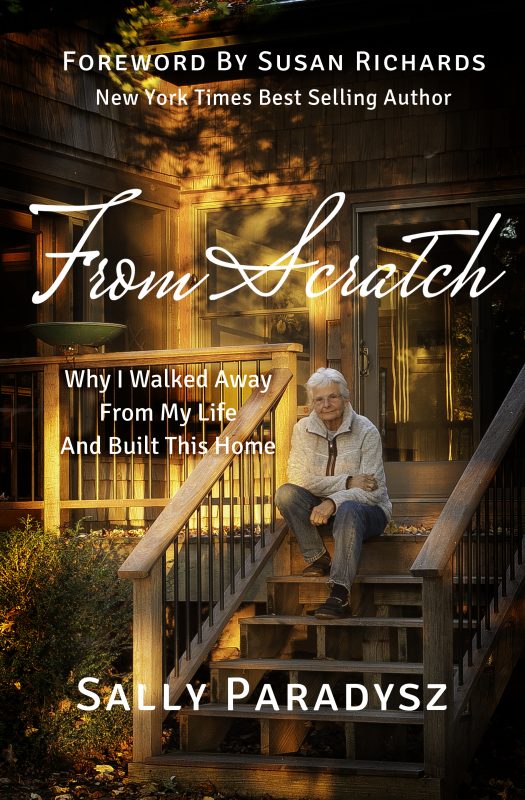Yesterday I went down to San Diego to take the most unique writer’s class I have ever attended: Warrior-Writer with NY Times bestselling author Bob Mayer. The workshop addressed a mindset all too neglected by today’s writer: how to manage the business of being an author.
There are differences between being a writer (someone who writes, perhaps just for the fun of it) and being an author (someone who makes a career of selling their writing on a regular basis). Most writers I’ve met want to get published, and the reasons vary. A lot of them dream of being a full-time author (me included), who sells books on a regular basis and makes money for doing what they love. A lot of them just want the validation of being published—that proof that yes, my writing is good enough. The thing is, once you get published, what comes next?
The book business is an entertainment business, just like the film industry and the music industry. And the chances of success are just as daunting. When you do get your book published, you need to remember that small fact. You’ve just realized a dream. Your work is going to be in print, whether on the shelves at Borders or in electronic format. Someone is going to pay you for your writing. You are good enough.
But like marriage, once the honeymoon is over, reality sets in and you have to get used to living in the new situation in which you find yourself. The euphoria of the first sale fades as your editor sends you a revision letter, then copyedits, then page proofs. At some point you will receive a cover flat for your book, which could be a moment of joy very close to the day you got that call, or a moment of disappointment (disbelief even) as you wonder what the art department was thinking when they designed this cover! When things like this happen, you learn a very important thing: the author is only responsible for the words on the pages. The publisher controls everything else.
Once you’ve signed that contract, you have given the publisher the rights to your work. The marketing and sale of the book falls on them, and you can only cross your fingers and hope that they do a good enough job that the book sells well. However, the thing you have to remember is that the people who work for the publishing house are not writers; they are business people. Once you sign that contract, you have given them a product. They, as business people, break out their ledgers and spreadsheets and figure out the best way to sell that product. Everyone at that house has a boss to report to, including your editor, and the reasons for handling your work a particular way are business reasons. What approach is going to make them the most money from the product you’ve sold them? The upside to this dismaying revelation: people who work in publishing love books. All the people, from the editor to the copyeditor to the art department and even the sales and marketing departments. This is why they choose to work for a publishing house.
But because they are thinking of the book as a product, you need to take the same mindset. Once you have made that journey with your characters and written The End, once you have signed on the dotted line to sell the work to a publisher, the book stops becoming Your Baby and becomes The Product. And as Bob says, you have to let go of that baby and move on to a new journey with new characters.
It’s hard for many of us to think of writing from a business perspective. We aren’t really wired that way. Most writers are introverts and hate promotion, a part of the writing career that is becoming more and more the author’s responsibility. New authors might not understand at first that the contract the publishers sends is going to be weighted heavily in the publisher’s favor (remember, business). This is why you might want to get an agent. Agents know the publishing business, and because they deal with these editors and contracts on a regular basis, they know what to look for. They also know what can be challenged and what is written in stone for that particular deal. For most writers, it makes things more palatable to have an agent managing the business end so the writer can concentrate on writing.
In yesterday’s workshop, Bob addressed the business of being an author using the techniques he learned in the Green Berets. These methods focus on identifying your strengths and weaknesses as both a person and a writer with the idea that by learning these things about yourself, you can utilize your strengths and be aware of your weaknesses to avoid pitfalls. You can also change things about yourself that might be inhibiting your rise to the top. He talked about how to achieve goals and how to change your thinking to achieve those goals consistently and become a more effective business person. It was a great workshop that got those of us sitting in that room thinking a different way.
A way that, with luck and consistency, might very well lead to the NY Times list.
- Author Details
- Books on Sale
- New Releases
- Contact Us
- Be in the Spotlight
Books on sale or free

Related
Affiliate Links
A Slice of Orange is an affiliate with some of the booksellers listed on this website, including Barnes & Nobel, Books A Million, iBooks, Kobo, and Smashwords. This means A Slice of Orange may earn a small advertising fee from sales made through the links used on this website. There are reminders of these affiliate links on the pages for individual books.
Search A Slice of Orange
Find a Column
Archives
Featured Books
MAC AND CHEESE, PLEASE, PLEASE, PLEASE
They liked macaroni and cheese SO much, if they could, they would eat it for breakfast, dinner, and lunch!
More info →SNOW IN LOVE: Sweet Romance Holiday Collection
Escape into holiday magic with SNOW IN LOVE's sweet romance holiday stories!
More info →SERIOUSLY, MOM, YOU DIDN’T KNOW?
Life is a silver lining for those of us willing to scrape the surface of adversity.
More info →Newsletter
Contributing Authors
Search A Slice of Orange
Find a Column
Archives
Authors in the Bookstore
- A. E. Decker
- A. J. Scudiere
- A.J. Sidransky
- A.M. Roark
- Abby Collette
- Alanna Lucus
- Albert Marrin
- Alice Duncan
- Alina K. Field
- Alison Green Myers
- Andi Lawrencovna
- Andrew C Raiford
- Angela Pryce
- Aviva Vaughn
- Barbara Ankrum
- Bethlehem Writers Group, LLC
- Carol L. Wright
- Celeste Barclay
- Christina Alexandra
- Christopher D. Ochs
- Claire Davon
- Claire Naden
- Courtnee Turner Hoyle
- Courtney Annicchiarico
- D. Lieber
- Daniel V. Meier Jr.
- Debra Dixon
- Debra H. Goldstein
- Debra Holland
- Dee Ann Palmer
- Denise M. Colby
- Diane Benefiel
- Diane Sismour
- Dianna Sinovic
- DT Krippene
- E.B. Dawson
- Emilie Dallaire
- Emily Brightwell
- Emily PW Murphy
- Fae Rowen
- Faith L. Justice
- Frances Amati
- Geralyn Corcillo
- Glynnis Campbell
- Greg Jolley
- H. O. Charles
- Jaclyn Roché
- Jacqueline Diamond
- Janet Lynn and Will Zeilinger
- Jaya Mehta
- Jeannine Atkins
- Jeff Baird
- Jenna Barwin
- Jenne Kern
- Jennifer D. Bokal
- Jennifer Lyon
- Jerome W. McFadden
- Jill Piscitello
- Jina Bacarr
- Jo A. Hiestand
- Jodi Bogert
- Jolina Petersheim
- Jonathan Maberry
- Joy Allyson
- Judy Duarte
- Justin Murphy
- Justine Davis
- Kat Martin
- Kidd Wadsworth
- Kitty Bucholtz
- Kristy Tate
- Larry Deibert
- Larry Hamilton
- Laura Drake
- Laurie Stevens
- Leslie Knowles
- Li-Ying Lundquist
- Linda Carroll-Bradd
- Linda Lappin
- Linda McLaughlin
- Linda O. Johnston
- Lisa Preston
- Lolo Paige
- Loran Holt
- Lynette M. Burrows
- Lyssa Kay Adams
- Madeline Ash
- Margarita Engle
- Marguerite Quantaine
- Marianne H. Donley
- Mary Castillo
- Maureen Klovers
- Megan Haskell
- Melanie Waterbury
- Melisa Rivero
- Melissa Chambers
- Melodie Winawer
- Meriam Wilhelm
- Mikel J. Wilson
- Mindy Neff
- Monica McCabe
- Nancy Brashear
- Neetu Malik
- Nikki Prince
- Once Upon Anthologies
- Paula Gail Benson
- Penny Reid
- Peter J Barbour
- Priscilla Oliveras
- R. H. Kohno
- Rachel Hailey
- Ralph Hieb
- Ramcy Diek
- Ransom Stephens
- Rebecca Forster
- Renae Wrich
- Roxy Matthews
- Ryder Hunte Clancy
- Sally Paradysz
- Sheila Colón-Bagley
- Simone de Muñoz
- Sophie Barnes
- Susan Kaye Quinn
- Susan Lynn Meyer
- Susan Squires
- T. D. Fox
- Tara C. Allred
- Tara Lain
- Tari Lynn Jewett
- Terri Osburn
- Tracy Reed
- Vera Jane Cook
- Vicki Crum
- Writing Something Romantic
Affiliate Links
A Slice of Orange is an affiliate with some of the booksellers listed on this website, including Barnes & Nobel, Books A Million, iBooks, Kobo, and Smashwords. This means A Slice of Orange may earn a small advertising fee from sales made through the links used on this website. There are reminders of these affiliate links on the pages for individual books.
































































































































Wonderful blog, Deb. Many writers neglect the "business side" of writing and I think they shoot themselves in the foot.
Deb, it was great being there with you. Wasn't that an amazing ride? I wish all my best writer friends could have been there with us!
Best of luck to you with your new focus!
Great blog!
Love Warriorswriters blog. Awesome you go to go.
Thanks for sharing.
Holly
Creative people have a hard time putting a price on their art and will often sell it cheaply or give it a way for free before demanding its true worth. Sounds like you learned a lot this weekend, can't wait to hear more!
Good blog entry, Deb. It sounds like a fantastic class!
Glad you found the workshop worthwhile. I learned a lot teaching it and have to get my notes organized on the plane in a minute as we get ready to board. Thanks.
Really interesting blog. I attended a writers' conference last year where he had a workshop that was supposed to cover humor, but he covered so much beyond humor in it that my hand got so tired taking notes. Thanks for the heads up on this one and the great reminder it gives all writers that this is our product we are selling.
Fantastic blog, and I am really happy you enjoyed Bob's workshop. I do believe the business side of writing is one the most neglected and "taboo" subjects in the business. It seems shocking that writers are often too afraid or shy to address the one topic most critical to victory in their chosen profession. I look forward to hearing about your future successes!
Kristen Lamb